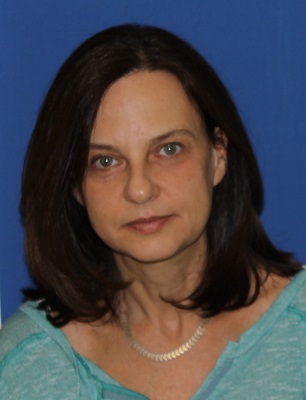
More than two million people–two to three times more women–have multiple sclerosis (MS)–the leading cause of neurological disability among young adults. What is their prognosis?
“We don’t really know what an individual’s prognosis will be when we first diagnose the disease,” relates Dr. Adi Vaknin, Senior Neurologist at Hadassah Hospital Ein Kerem. That is because there is so much heterogeneity in outcomes, she explains. While 15 to 20 percent of MS patients do very well, 50 to 70 percent need strong medicines to live a quality life. It is this uncertainty that has led Prof. Vaknin to start a biobank with which to study clinical outcomes for newly diagnosed patients. By identifying a set of proteins (biomarkers) within an individual’s peripheral blood, Dr. Vaknin and her research team have been able to predict, for example, a patient’s response to interferon, a common treatment for MS.
The past 15 years have seen the development of very effective medications to treat MS. Currently, Dr. Vaknin reports, there are 10 medications available, but their effectiveness varies from person to person. “There is also a limited time window to start treatment,” Dr. Vaknin says, “because if you miss that window, some of the medicines are not very effective.” There are, however, two new medications on the market, she notes, specifically designed to treat progressive MS.
One common thread in MS is the degeneration of myelin, the sheath that protects the nerve fibers. Dr. Vaknin is researching the ability of certain proteins, found in the fluid surrounding the brain, to renew damaged myelin. Being able to rebuild myelin in MS patients is only in the research stage–though she estimates that “it will happen in the next five years.”
In the meantime, what advice does Dr. Vaknin have for those who suffer with MS? She recommends 2,000 units per day of Vitamin D–particularly found to be effective in preventing the occurrence of the disease in any offspring. Dr. Vaknin also suggests exercise and a healthy diet–and no smoking. She adds living a less stressful life to the list, but acknowledges that this “is not so easy to do.”
